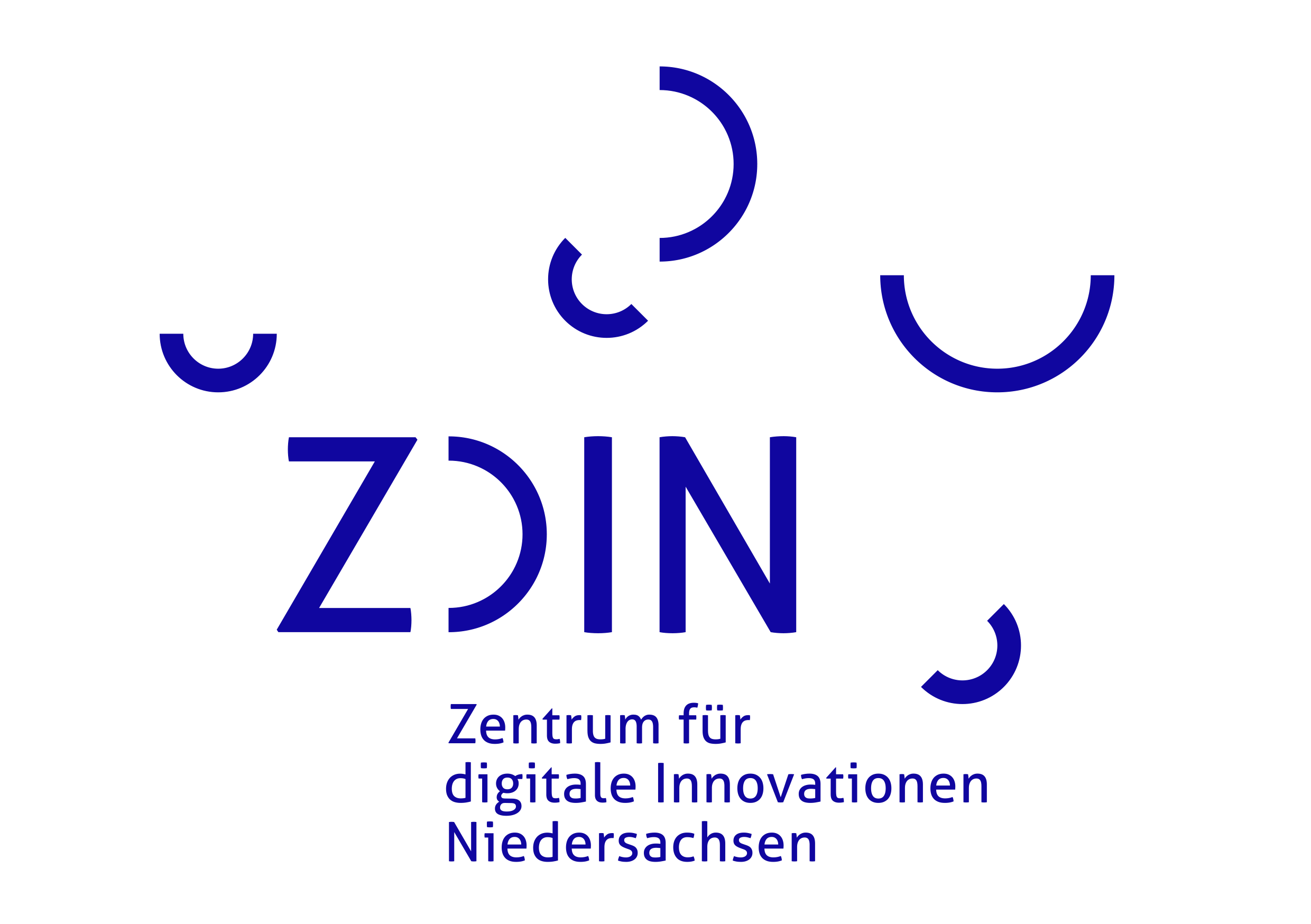News Wissenschaft
Als Zentrum für digitale Innovationen Niedersachsen (ZDIN) vernetzen wir die Spitzenreiter der niedersächsischen Digitalisierungsforschung, um die digitale Transformation des Landes aktiv zu gestalten. Mit einem Netzwerk aus mehr als 70 Wissenschaftler*innen, über Hochschulen und Forschungseinrichtungen sowie mehr als 90 Praxispartnern entwickeln wir im Sinne einer Denkfabrik zukunftsweisende Ideen und Lösungen.
Wir bündeln und koordinieren die anwendungsorientierten Forschungstätigkeiten des Landes mit einem gemeinsamen Ziel: den Digitalisierungsstandort Niedersachsen zu stärken. Auf dieser Seite geben wir Ihnen Einblicke in die inhaltliche Forschung unserer Zukunftslabore und zeigen ihnen unseren wissenschaftlichen Beitrag zur Digitalisierung des Landes.











